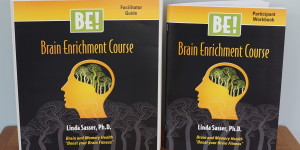
In the U.S., more than 8 people are killed and 1,161 injured every day in crashes reported to involve a distracted driver.1 Every year, almost a half million people are injured or killed in traffic accidents attributed to the combination of texting and driving. What is sad is that most or possibly all of these… Continue reading →





